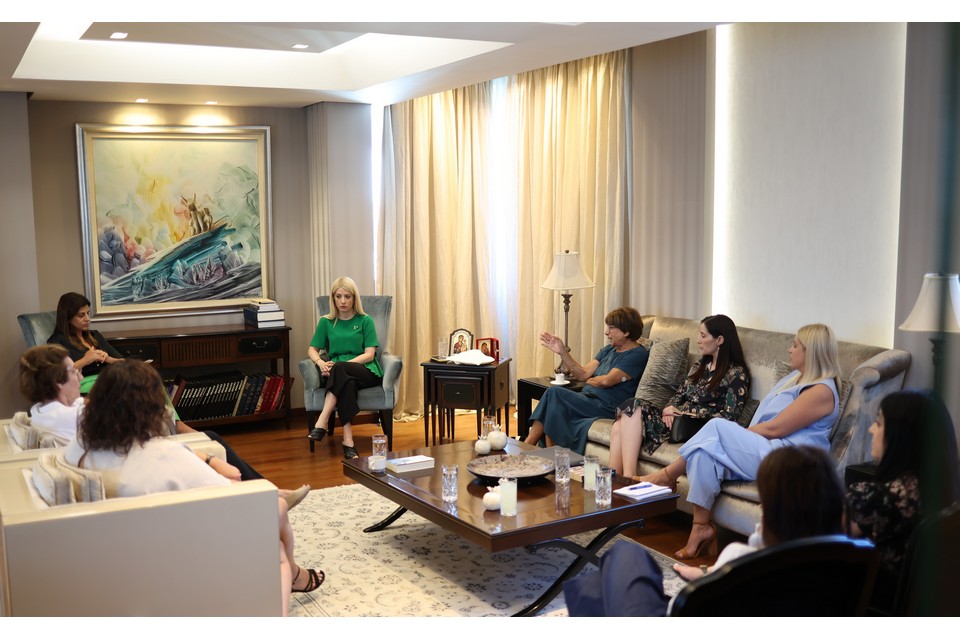Gender equality commissioner Josie Christodoulou on Friday voiced concern over the low level of female participation in Cyprus’ political life ahead of the 2026 parliamentary elections, warning that unbalanced representation in decision-making creates a democratic deficit.
“Political parties need to demonstrate the same commitment to strengthening gender equality in politics to ensure the equal participation of all citizens in shaping the country’s future,” she said.
Christodoulou noted that women currently hold only 14 per cent of seats in parliament and 37 per cent of positions in the Council of Ministers.
At the local government level, female representation remains similarly low, while Cyprus is represented exclusively by men in the European parliament.

She said she has already met with several MPs and House president Annita Demetriou to discuss the need for more effective measures and a revised framework to strengthen women’s representation.
These meetings examined the causes of low female participation and explored potential corrective measures.
The corrective measures proposed by the commissioner included the introduction of binding quotas both internally and on ballots and in committees.
Additionally, Christodoulou brought up the possibility of cooperations between the parliamentary parties to establish quotas via legislative regulation as a temporary measure, alongside other initiatives to support gender equality.
As another measure to support female political participation, the commissioner suggested the creation of a political academy for women and young people organised by the parliament and with the cooperation of all parties.
Christodoulou stressed the need to create a safe and inclusive environment in the political landscape. This, she said, could include the creation of nurseries within or near the parliament and the party’s offices, to facilitate the participation of politicians with parental obligations.
Considering sexual harassment and sexist behaviour, the commissioner pointed to the model followed by the European parliament, which has adopted a zero tolerance policy on sexual harassment by incorporating regulations that prevent members who do not sign the respective declaration from chairing parliamentary committees.
Finally, she called for the reinstatement of a dedicated parliamentary committee focused solely on gender equality, women’s rights, and the elimination of gender-based discrimination. “The need for targeted and specialised parliamentary work on these issues is imperative, given the complex challenges women in Cyprus face today,” she said.






Click here to change your cookie preferences